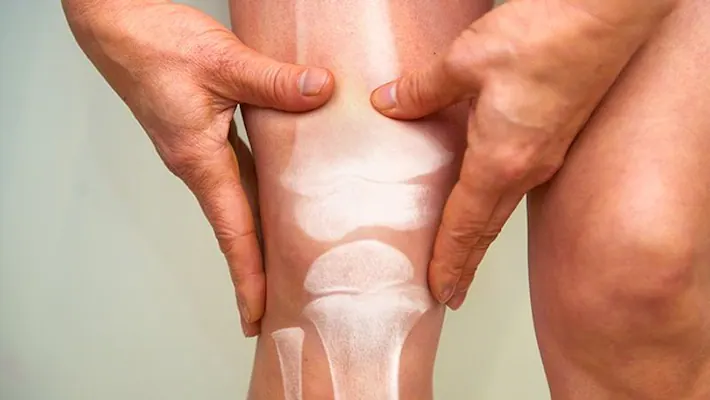
Stiff-person syndrome (SPS) is a rare autoimmune disorder that affects the central nervous system. It is characterized by progressive stiffness and spasms of the muscles, which can affect movement and posture.
The cause of SPS is not fully understood, but it is thought to be related to the body’s immune system attacking the nerves that control muscle movement. This can result in the muscles becoming stiff and difficult to move.
Symptoms of SPS typically begin gradually and can vary in severity. Common symptoms include stiffness and spasms in the muscles of the trunk and limbs, difficulty walking, and an increased sensitivity to stimuli such as loud noises or sudden movements. Some people with SPS may also experience anxiety, depression, and other psychological symptoms.
Diagnosis of SPS can be challenging, as it is a rare condition and its symptoms can be similar to those of other neurological disorders. A thorough medical evaluation, including a physical examination and imaging tests, can help to confirm the diagnosis.
Treatment for SPS typically involves a combination of medications and physical therapy. The main goal of treatment is to relieve symptoms and improve mobility. Medications used to treat SPS may include muscle relaxants, anti-seizure drugs, and immunosuppressants. Physical therapy can help to improve muscle flexibility and strength, and may also include exercises to improve posture and balance.
SPS is a chronic condition, which means that it can be managed but not cured. The prognosis for people with SPS varies, depending on the severity of their symptoms and their response to treatment. Some people may experience periods of remission, where their symptoms are mild or absent, while others may have ongoing symptoms that affect their daily activities.
Overall, SPS is a rare and complex disorder that can have significant impacts on a person’s quality of life. With proper treatment and support, people with SPS can manage their symptoms and maintain a good level of functioning.
